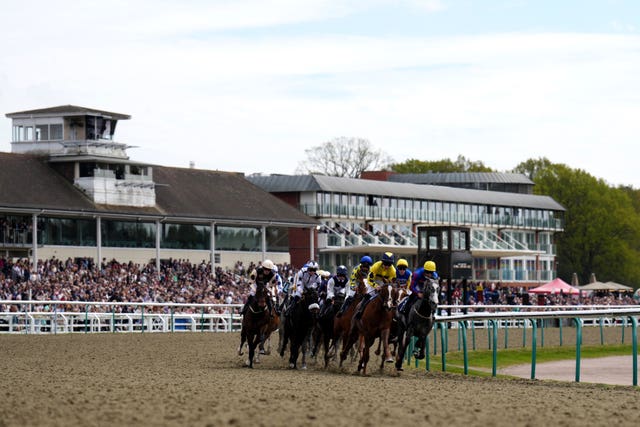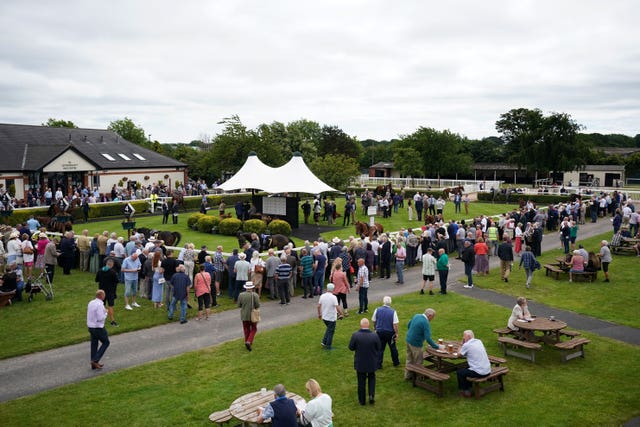Lord Allen has far-reaching aims as he takes up BHA chair role
Lord Allen has outlined his vision of turning British racing into “a modern commercial and cultural powerhouse” as he assumed his position as the new chair of the British Horseracing Authority.
Allen, who also offered his backing for the cancellation of next Wednesday’s racing in protest of proposed betting tax changes, believes that with the “right governance and ambition” the sport can realise its full potential.
In a statement, he said: “I am delighted the industry is coming together on September 10 to say ‘Axe the Racing Tax’. It is an historic step to cancel all racing on this date, but this will help us to explain just how concerned we are for the sport on many levels.
“Horseracing is a sport for everyone, not just for the few. There are 85,000 people dependent directly and indirectly on racing. The proposed changes would not only negatively impact many communities both rural and urban but would reduce our ability to be a world leader and the opportunity to have inward investment in the sector.
“Ensuring sustainable finances is essential if we are to support our participants, our workforce, our horses and our racecourses, and continue to engage our fans, owners, customers and the betting public.
“British racing is admired worldwide for its heritage, its quality, and the standards of integrity and welfare it upholds. My vision is not simply that we work to preserve this, but to develop British racing into a modern commercial and cultural powerhouse: a sport that commands attention on the global stage, attracts new audiences, inspires fans at home, supports its people, and continues to set the gold standard for the care of the horse.
“With the right governance and ambition, I believe this is possible and I look forward to working across the sector to achieve this vision.”
Allen was initially due to take up his role on June 1 but his tenure was delayed as he negotiated changes to make the BHA’s board independent of racecourses and the sport’s participants.
He added: “It is nine months since I was nominated for the role. In that time, I have had over 100 meetings with racing people. As well as industry leaders I met many frontliners for whom the sport is both a matter of professional pride and also a labour of love. I immersed myself in the industry so that I could truly understand the opportunity.
“There was a consistent agreement during my meetings that things needed to change if racing was to prosper, but often those I spoke to held the view that change needs to come from elsewhere in the sport rather than from their own segment of the industry.
“However, I hold the view that there are opportunities and requirements for change across the whole sport, and I believe that overall there is agreement and appetite for this.
“I am sincerely grateful to the Board of the BHA and its stakeholders that they agreed that change should start at the top and that we should have an independent board where everyone is focused on putting horseracing first rather than representing a vested interest.”


